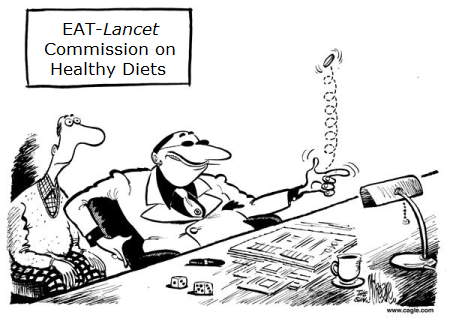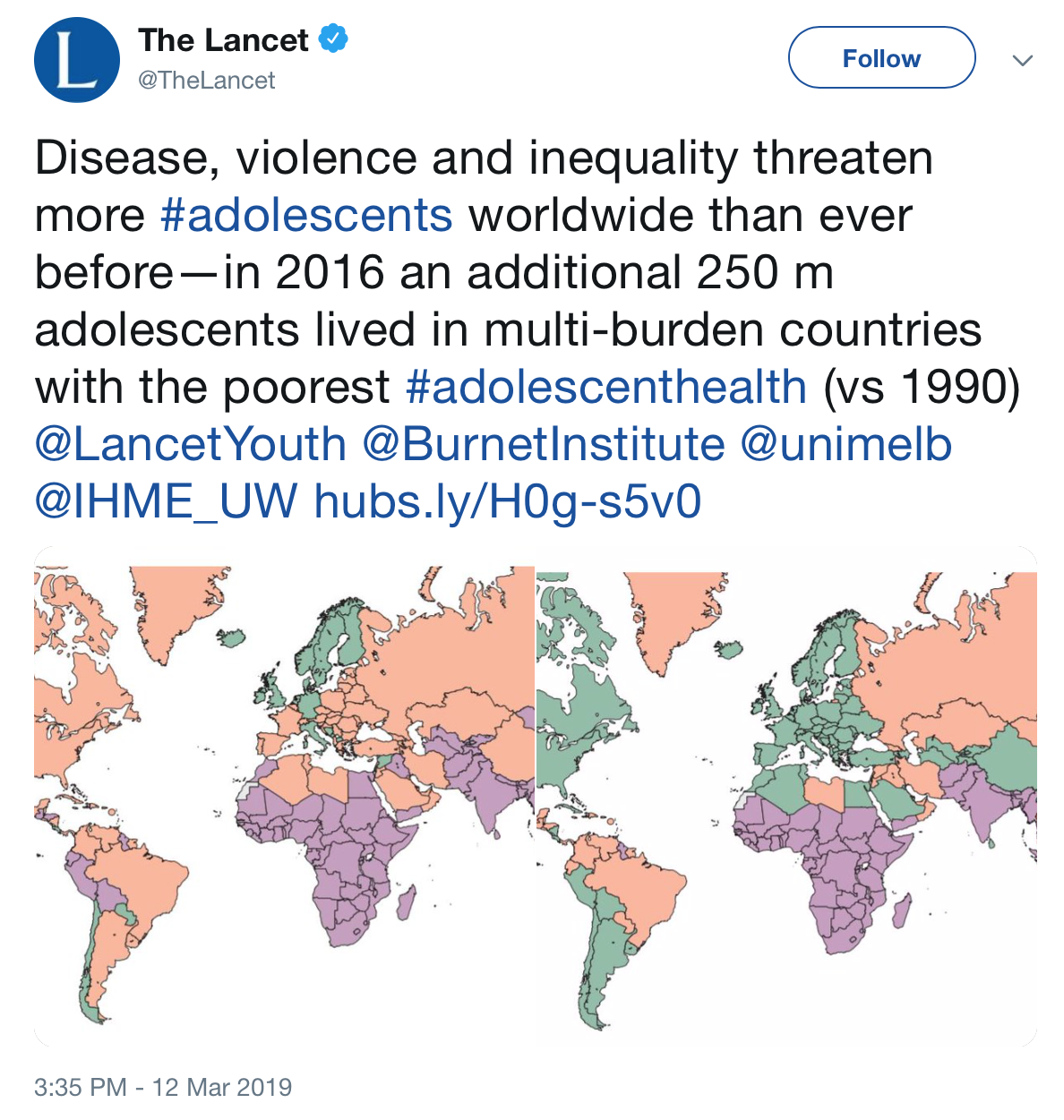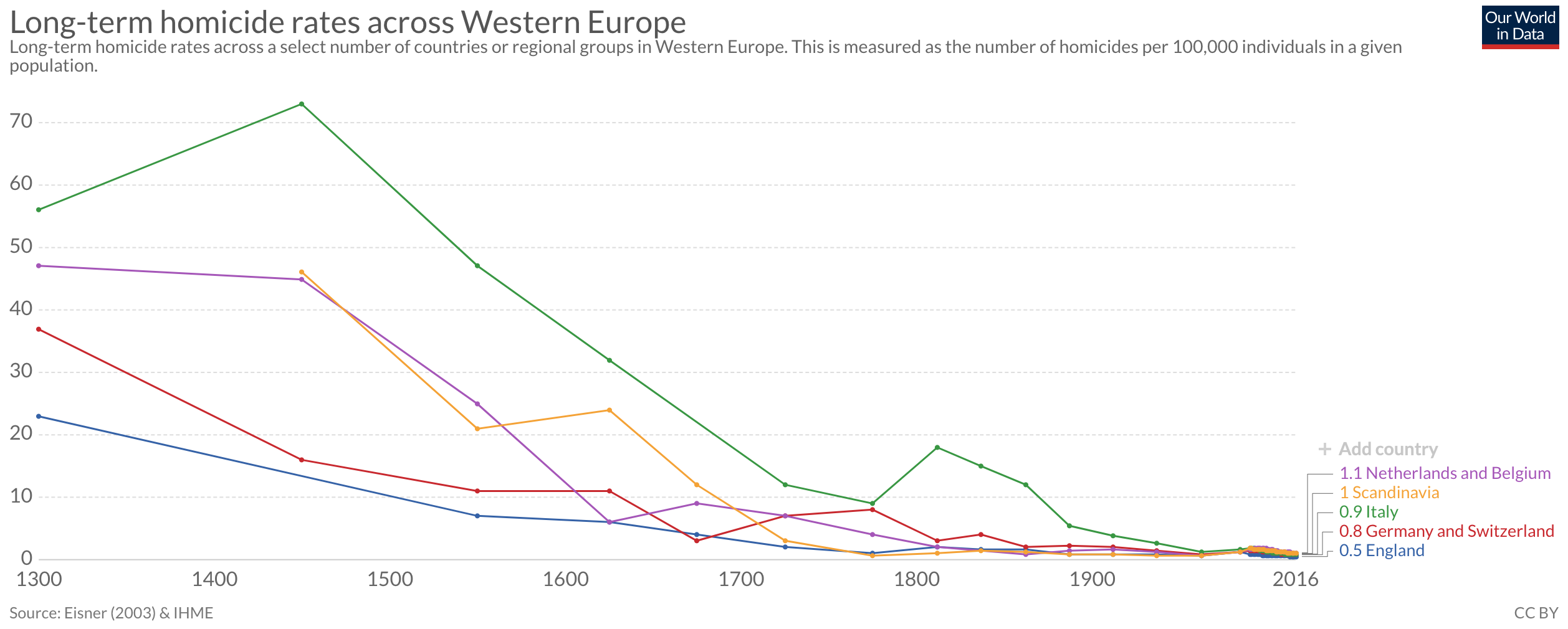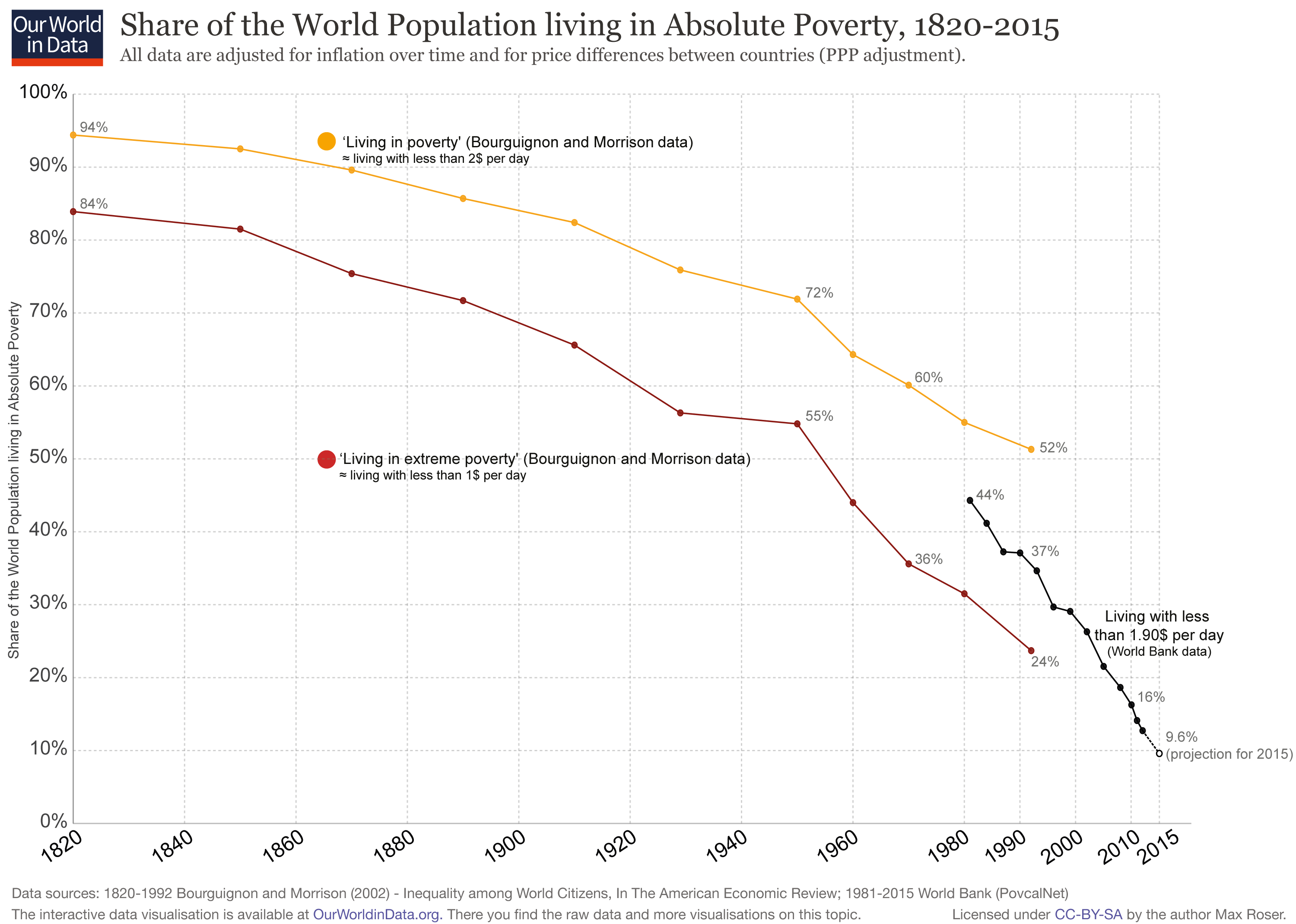 The Lancet joins other once-respected science journals falling into disrepute at the hands of alarmists. Alex Berezow writes at the American Council on Science and Health ‘The Lancet’ Has Gotten Really Weird. Excerpts in italics with my bolds. A footnote at the end provides a timetable for the Lancet’s demise.
The Lancet joins other once-respected science journals falling into disrepute at the hands of alarmists. Alex Berezow writes at the American Council on Science and Health ‘The Lancet’ Has Gotten Really Weird. Excerpts in italics with my bolds. A footnote at the end provides a timetable for the Lancet’s demise.
The Lancet is a highly respected biomedical journal that rightly carries a lot of clout in the scientific community. That’s what makes its recent turn toward sensationalism and clickbait so incredibly odd.
We first noticed that something was strangely amiss in 2017 when the editor-in-chief of The Lancet praised Karl Marx in a bizarre editorial. The piece made multiple dubious claims, such as, “Medicine and Marxism have entangled, intimate, and respectable histories.” The 100 million (or so) graves of the victims of communism beg to differ.
Then, in 2018, The Lancet went on an ideological bender against alcohol. First, it hyped a study that purportedly showed that every additional glass of alcohol above roughly 5 per week decreases a person’s life expectancy by 15 to 30 minutes. Think about that for a minute. Many people around the world have a nightly glass of wine with dinner. In The Lancet’s opinion, that’s precisely two too many, and anyone who does that is slowly killing themselves.
When a scientist reaches an absurd conclusion, that should serve as a warning to take a closer look at the methodology, the data, or both. Instead, The Lancet decided to double down. Later that year, it published a study that declared that any alcohol whatsoever is bad for your health. Somebody, please notify the French.
This year, the weirdness continued. A paper in The Lancet argued that certain food experts should be banned from food policy discussions. (Of course, the experts that should be banned are any that are associated with industry, because industry = bad.) And then, The Lancet slandered surgeons, using shady statistics to blame them for killing millions of people every year. The study was so bad that our typically calm, cool, and collected Dr. Charles Dinerstein worried that his head would explode.
The Lancet on Twitter: The World Is Worse Now than Ever Before
Apparently, whoever is operating The Lancet’s Twitter feed said, “Hold my beer, and watch this.” Here is what the organization posted today:
The study itself may be fine, but The Lancet’s tweet about it is misleading at best. Disease, violence, and inequality threaten more adolescents than ever before. Really?
The statement is absurd on its face. Violence has decreased all over the world. The Medieval period was a particularly rough time to be alive. Not only were people dying of things like the Black Death (which killed 1/3 of Europe in the mid-1300’s), homicide rates were incredibly high. (See chart below from Our World in Data.)
As recently as the 20th Century, smallpox is thought to have killed 300-500 million people. Likewise, measles killed millions. But vaccines have prevented millions, if not billions, of deaths.
Inequality? Well, that’s getting better, too. Yes, in some places, the rich are getting richer, but in a lot of impoverished regions, the poor are getting richer. In fact, poverty has fallen from around 90% of the global population in 1820 to under 10% today. (See chart below from Our World in Data.)
Putting this all together, it’s easy to see that humanity has never had it better than in 2019. To quote The Beatles, “It’s getting better all the time.” So, what on Earth is The Lancet talking about?
The only possible explanation for the tweet is that the journal decided to ignore the indisputable trends and instead hyped absolute numbers. That’s extremely misleading in this case because there are more people on the planet now than ever before. (It would be like comparing the cost of a TV in 1960 versus 2019 without adjusting for inflation.) The data need to be standardized, which is why percentages are really the only honest way to do this analysis.
Of course, The Lancet knows this. They just chose to put out a sensationalist tweet, instead. That is troubling.
Footnote: Timetable of Lancet Demise
Lancet May 2015 Regarding health and climate, the Lancet published in May 2015 an evidence-based report Gasparrini et al: Mortality risk attributable to high and low ambient temperature: a multicountry observational study.
Cold weather kills 20 times as many people as hot weather, according to an international study analyzing over 74 million deaths in 384 locations across 13 countries. The findings, published in The Lancet, also reveal that deaths due to moderately hot or cold weather substantially exceed those resulting from extreme heat waves or cold spells.
Lancet June 2017 Lancet sets the facts aside in order to prostrate itself before the global warming altar. Lancet says in a press release The Lancet Countdown—delivering on the promise of Paris
The collaboration is therefore delighted to announce that Christiana Figueres will join as Chair of its High-Level Advisory Board. Much as she did with the Paris Agreement, Christiana Figueres will help guide the Lancet Countdown to maximise its impact and deliver on the promise of the Paris Agreement.
Christiana Figueres, chair of the Lancet Countdown’s high-level advisory board and former executive secretary of the UN Framework Convention on Climate Change, said, “The AR5 report lays bare the impact that climate change is having on our health today. It also shows that tackling climate change directly, unequivocally and immediately improves global health. It’s as simple as that.’’

Lancet January 2019 Lancet publishes Food in the Anthropocene: the EAT–Lancet Commission on healthy diets from sustainable food systems.
Following environmental objectives by replacing animal-source foods with plant-based ones was particularly effective in high-income countries for improving nutrient levels, lowering premature mortality (reduction of up to 12% [95% CI 10–13] with complete replacement), and reducing some environmental impacts, in particular greenhouse gas emissions (reductions of up to 84%). However, it also increased freshwater use (increases of up to 16%) and had little effectiveness in countries with low or moderate consumption of animal-source foods.
Nutritional experts immediately took issue with Lancet’s claims:
We all want to be healthy, and we need a sustainable way to feed ourselves without destroying our environment. The well-being of our planet and its people are clearly in jeopardy, therefore clear, science-based, responsible guidance about how we should move forward together is most welcome.
Unfortunately, we are going to have to look elsewhere for solutions, because the EAT-Lancet Commission report fails to provide us with the clarity, transparency and responsible representation of the facts we need to place our trust in its authors. Instead, the Commission’s arguments are vague, inconsistent, unscientific, and downplay the serious risks to life and health posed by vegan diets.
Full critique of this latest Lancet propaganda is at Climate Ideology = Bad Nutritional Advice



